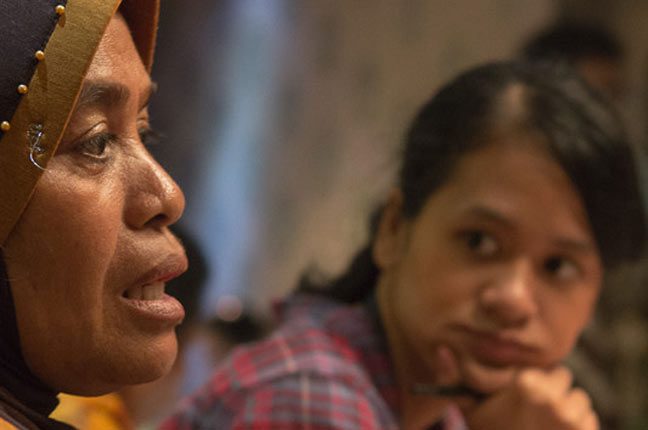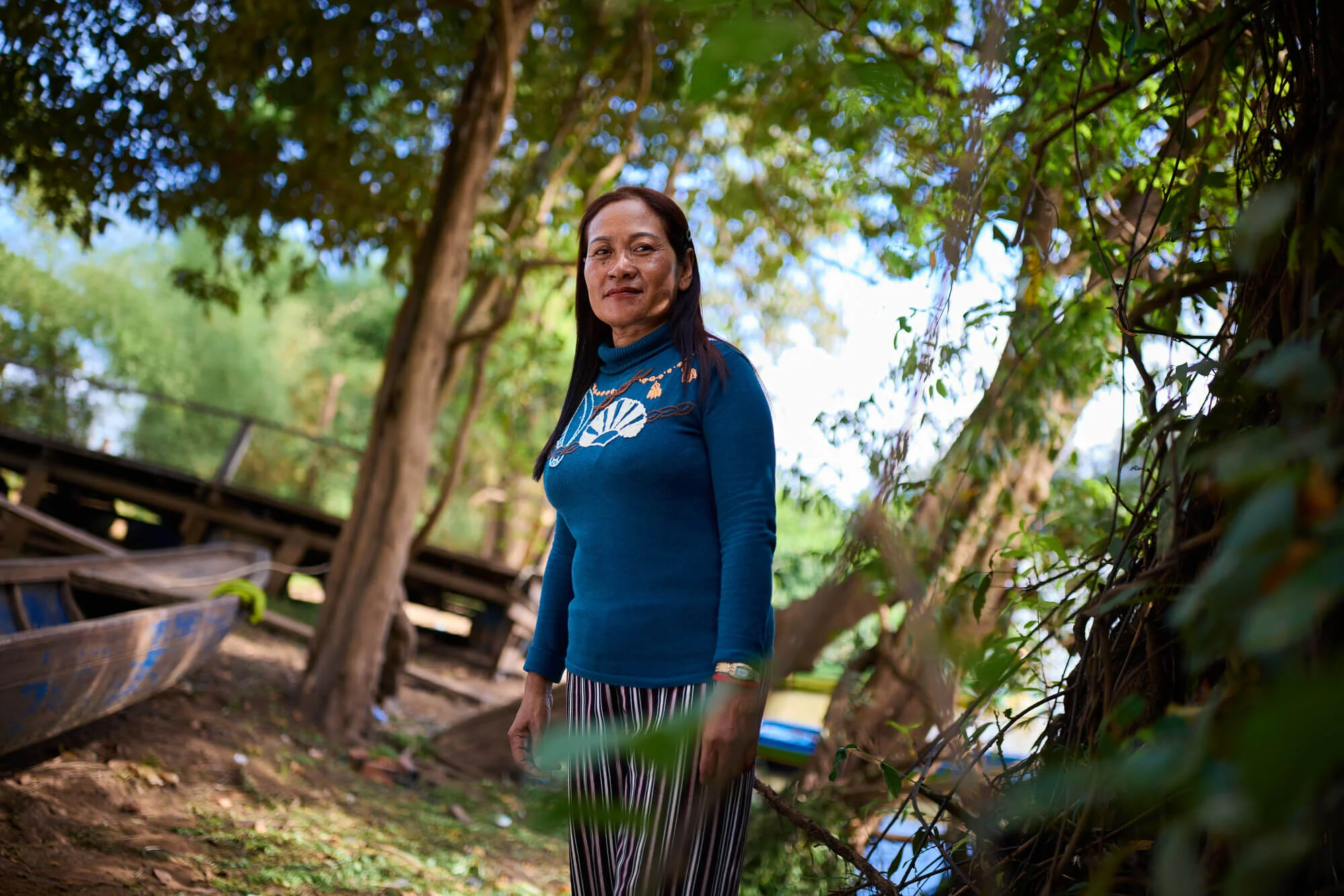HELP SAVE LIVES
Right now Oxfam is responding to emergencies around the world, including the recent earthquake and tsunami in Indonesia.
Oxfam Australia’s Juan Martorana – blogging from Indonesia
So what have I learnt so far in Jakarta? Surprise, surprise: there is no one solution to increasing food security. Providing a limited amount of cheap rice through the “Raskin mechanism” to the poorest provinces, may seem like a great idea for instance. A no-brainer. But Siti Rofiah’s experience is not all positive.
While she acknowledges this program does work for some communities, Siti Rofiah would like to see it stopped for small-scale farmers on Lembata (her small home island east of Flores). She believes not only it is ineffective — that it doesn’t always successfully target the poorest of the poor, and only provides perhaps one-tenth of the annual requirements needed to survive — but that it is a short-term, and often an unreliable means of providing food. This type of program does not allow people the dignity of working their way out of poverty, she says.
Similarly, Habibah — who makes a living collecting shellfish on the northern outskirts of Jakarta and is one of many being pushed out of her fishing grounds by encroaching urbanisation and pollution from new industries — echoes this need for a varied approach when it comes to supporting small-scale food producers.
Yes “progress” can help, she says, and support through the provision of infrastructure can be good, “But while new roads have made it easier to get my shellfish to market, my overall income has dropped from an average of around 500,000 rupiah (or AUD $45) per day, to around just 100,000 rupiah (or AUD $10) per day. Or on the worst days as low as 20,000 rupiah per day.” Not all progress is good, she says, because good roads can also bring increased heavy industries and competing demands on scarce land and water resources. For this reason “we need balanced progress and consultation with small-scale farmers when it comes to supporting us,” she says.
So what have we learnt? Support for small-scale farmers must be sophisticated and tailored to the needs and wishes of local communities. “I want support, not handouts” says Siti. “We know what works. The women I’ve met grow what fits the conditions of where they live.”
Small-scale food producers know what works and how to balance the many factors that need to be taken into account. This is central to ensuring ecologically sustainable and ongoing food security for countries like Indonesia.
Act:
Almost 870 million people go to bed hungry every night. Not because there isn’t enough, but because of the injustice in the way the world’s food system works. Oxfam’s GROW campaign is working towards fixing that system so that everyone has enough to eat.



